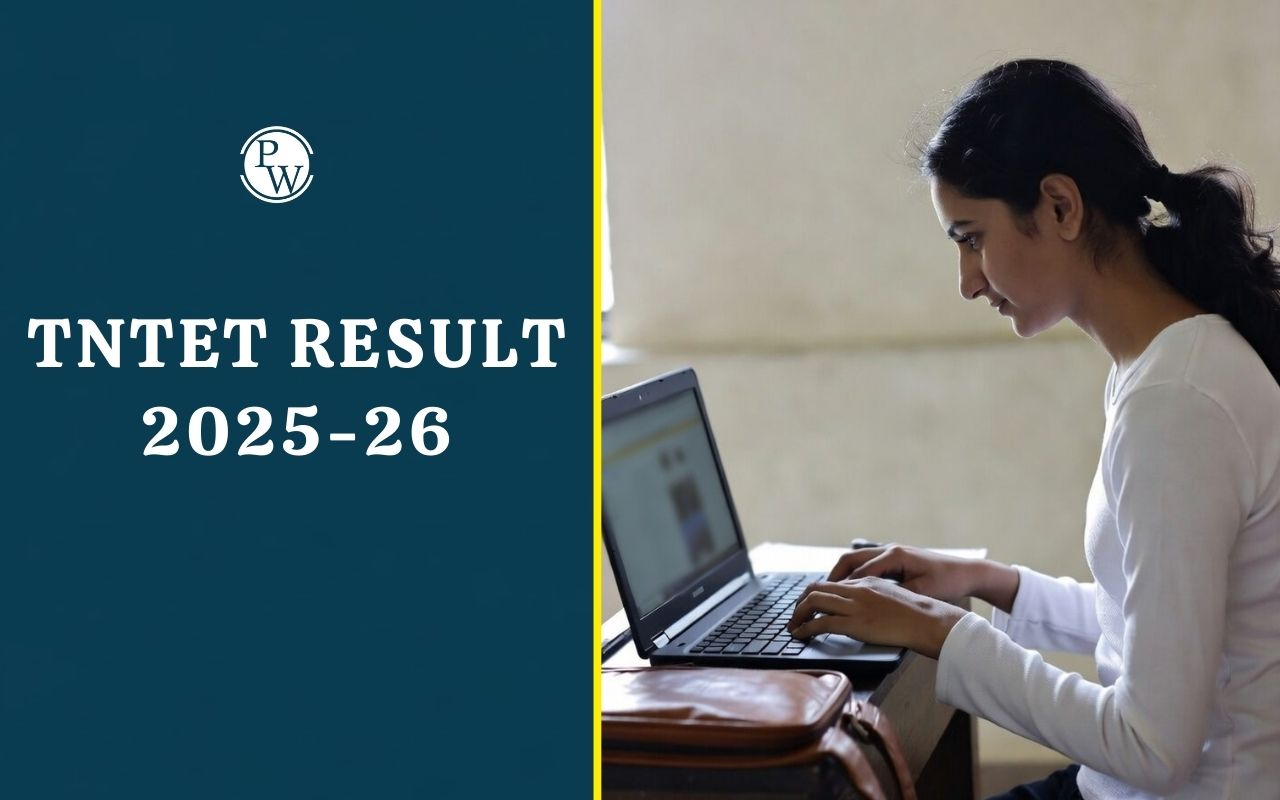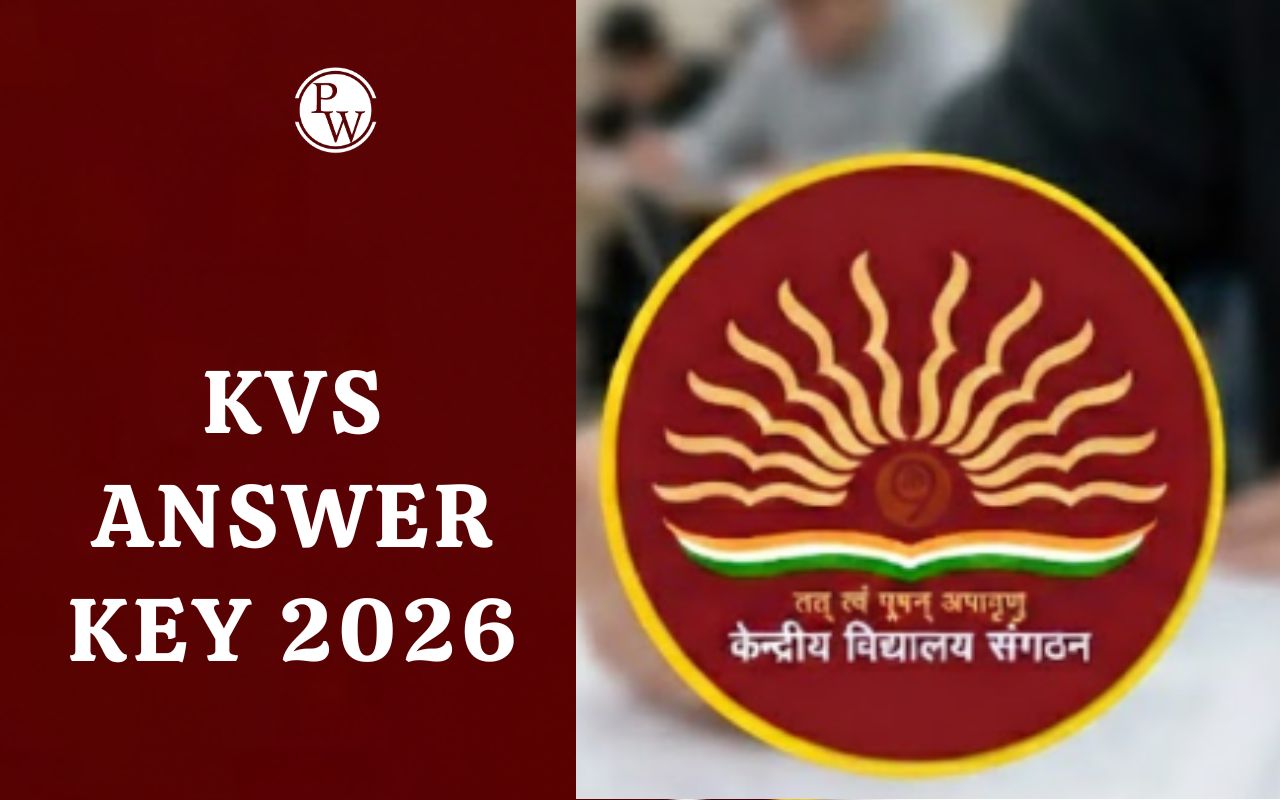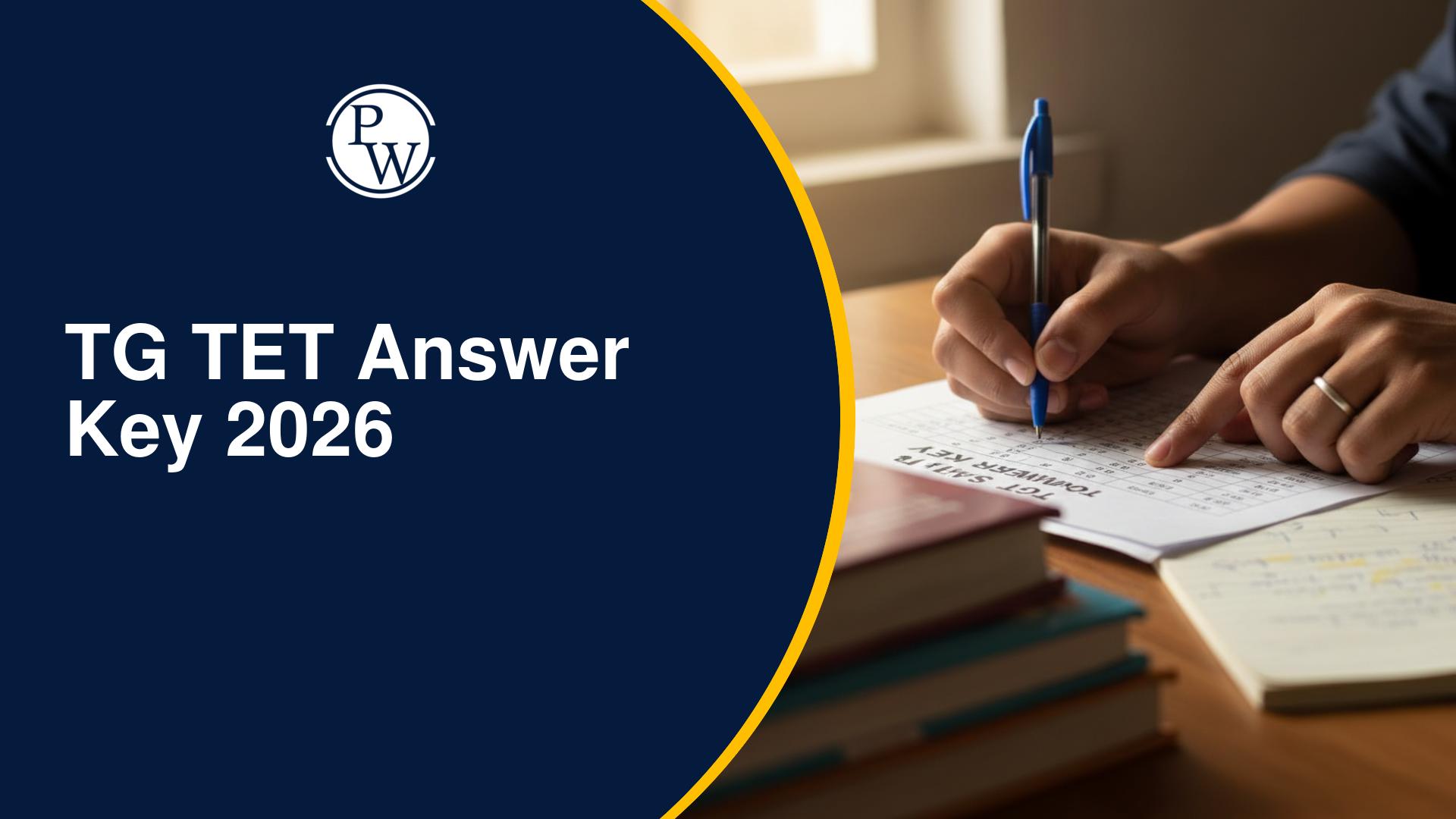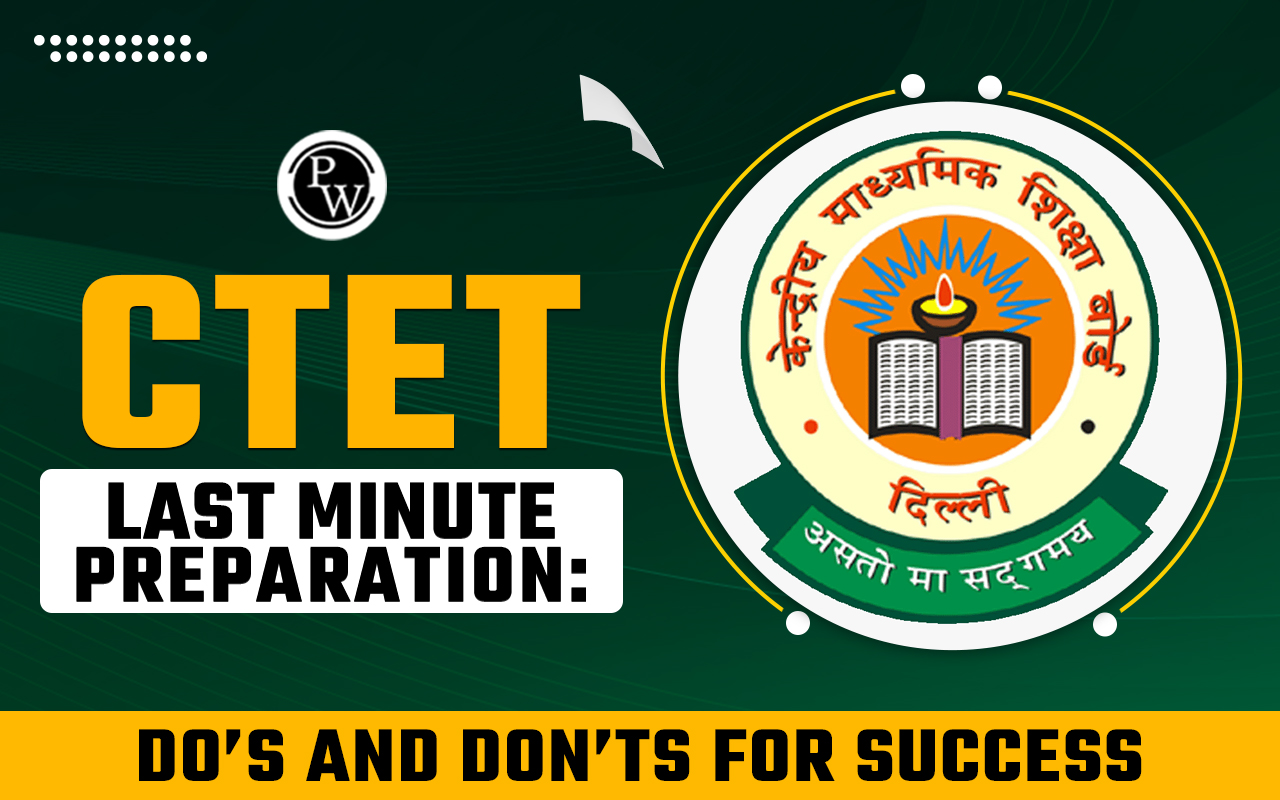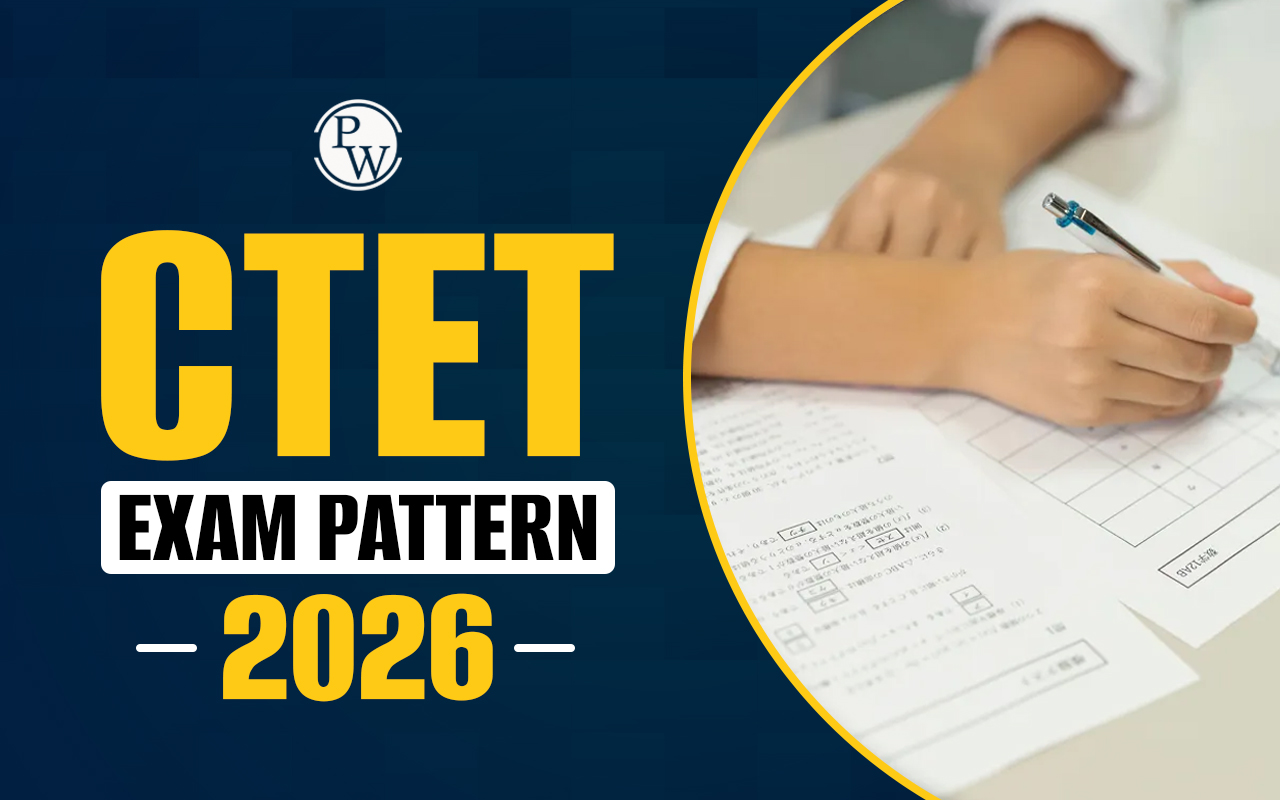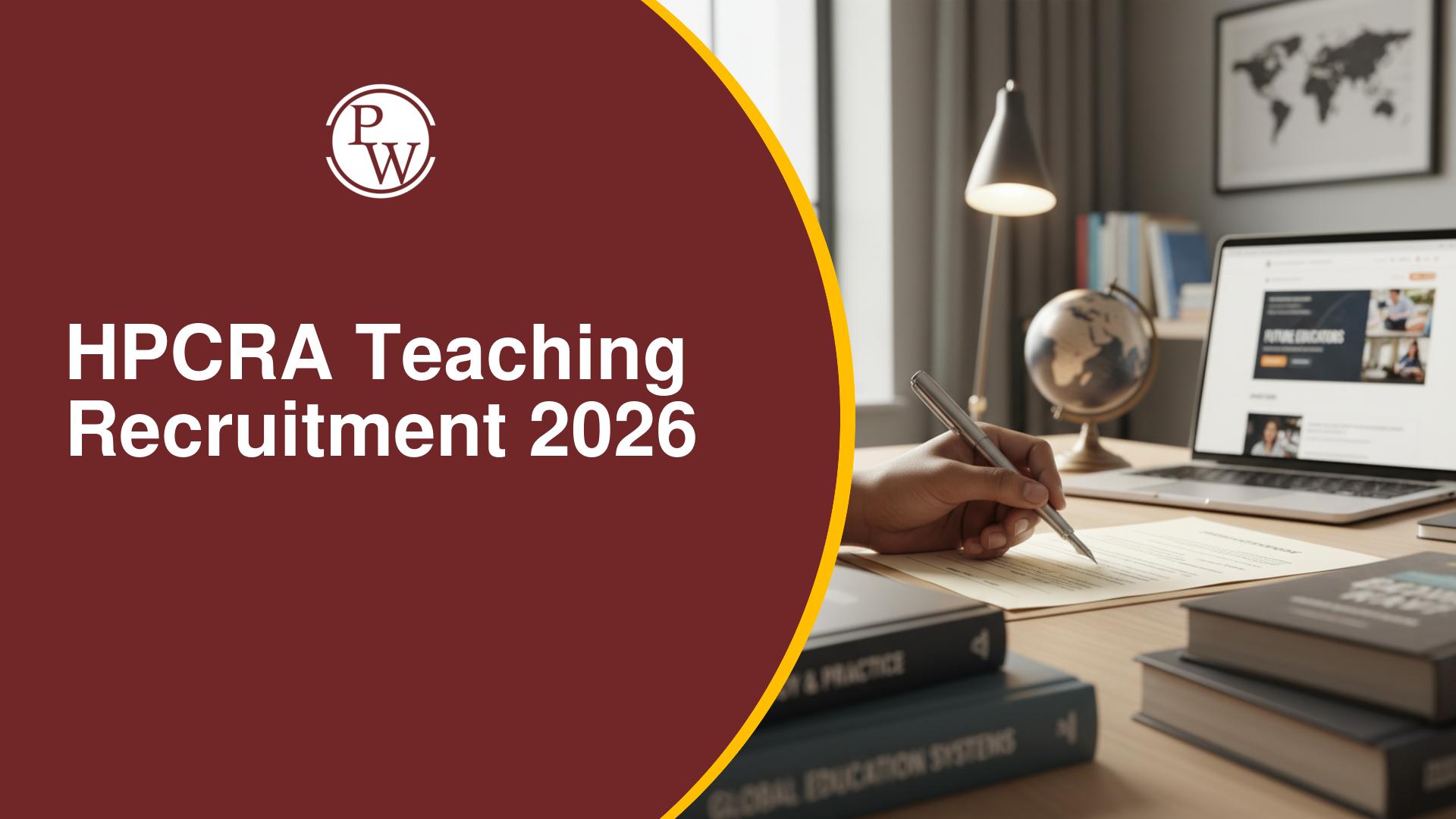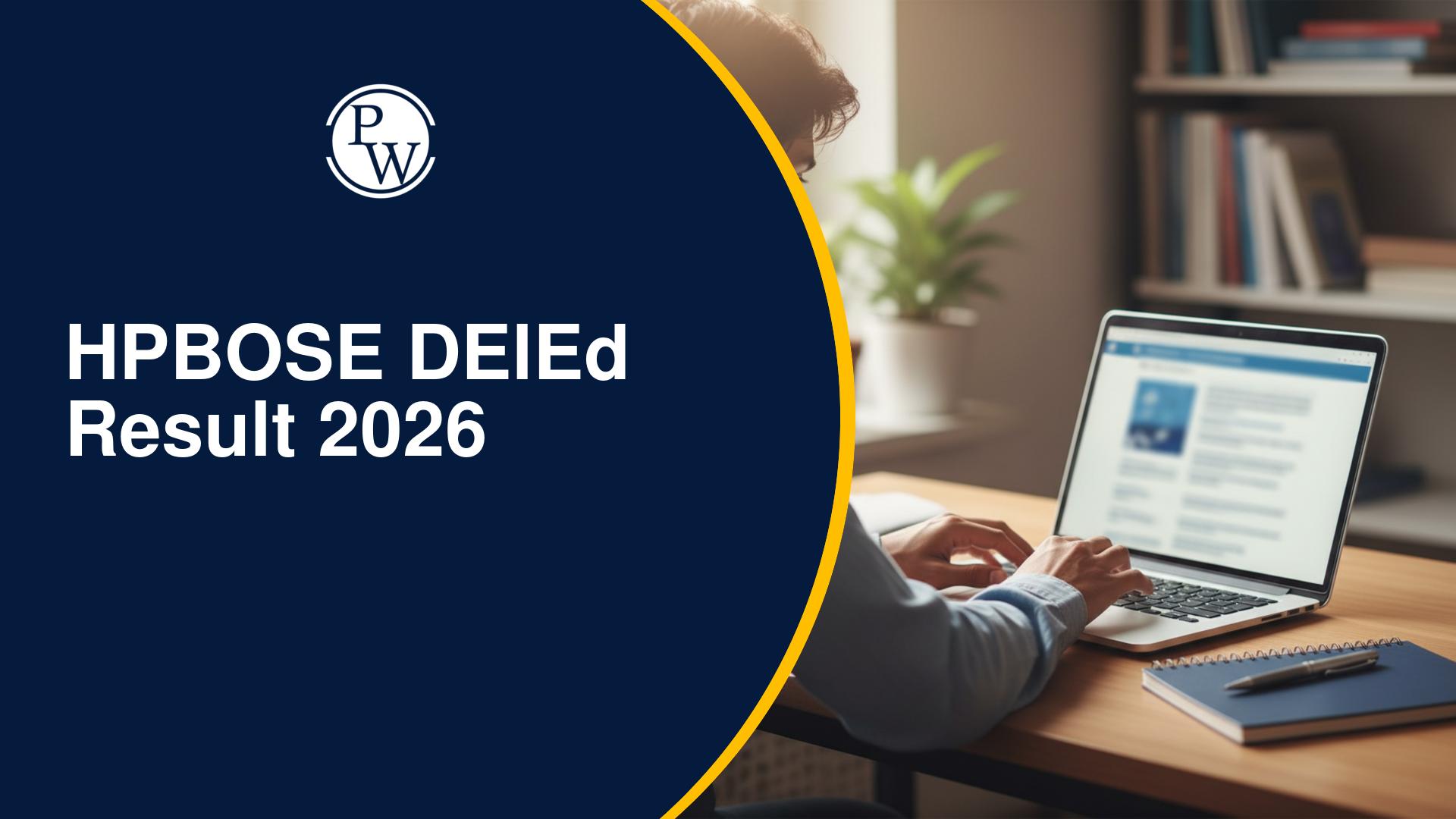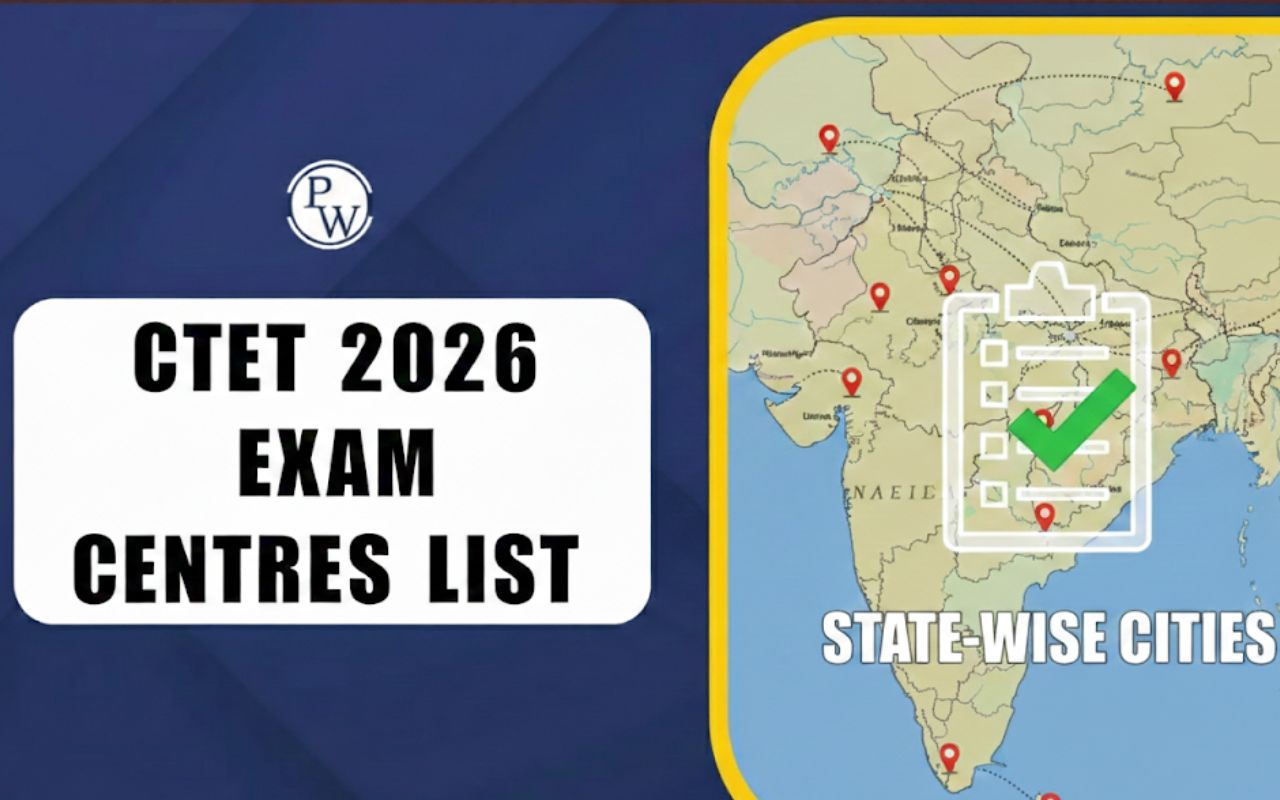
UP TGT Maths Syllabus 2025: UP TGT Maths Syllabus 2025 is crucial for candidates who are preparing for the UP TGT Recruitment exam. It outlines the key topics and subjects that will be covered in the exam. Understanding this syllabus helps candidates focus on the right areas and organize their study plan effectively. The syllabus includes important subjects like Algebra, Trigonometry, Statistics, and Calculus. By following the syllabus, candidates can ensure that they are well-prepared for the exam. It is essential to download the official syllabus and refer to it regularly during the preparation.
UP TGT Maths Syllabus 2025 Overview
UP TGT Maths Syllabus 2025 is an essential guide for candidates preparing for the UP TGT Recruitment 2025 exam. It provides a detailed breakdown of the topics to be covered in the exam. Below is an overview of the key details related to the UP TGT Maths Syllabus 2025:
| UP TGT Maths Syllabus 2025 Overview | |
|
Events |
Details |
|
Conducting Authority |
Uttar Pradesh Secondary Education Service Selection Board |
|
Exam Name |
|
|
21-22 July, 2025 |
|
|
Exam Category |
Recruitment Exam |
|
Category |
UP TGT Maths Syllabus 2025 |
|
Application Mode |
Online |
|
Educational Qualification |
Candidates must have completed a Bachelor’s degree from a recognised board along with a B.Ed degree. |
|
Official Site |
upsessb.org |
UP TGT Maths Syllabus PDF
UP TGT Maths Syllabus 2025 PDF is an important document that contains all the topics and concepts you need to prepare for the exam. It covers various areas like Statistics, Algebra, Trigonometry, Set Theory, Real Analysis, and Calculus. This PDF is designed to help you understand the key subjects and focus on the areas that will be tested. Click on the given below to download the UP TGT Maths Syllabus 2025 PDF.
UP TGT Maths Detailed Syllabus 2025
The UP TGT Maths Syllabus 2025 covers a wide range of topics in mathematics that are essential for the exam. These topics are divided into several sections, including Commerce/Math, Statistics, Algebra, Determinants, Set Theory, Real Analysis, Trigonometry, and Calculus. The syllabus is designed to test your understanding of fundamental mathematical concepts and their applications. Below is a detailed breakdown of the key topics included in the syllabus:
| UP TGT Maths Syllabus 2025 | |
|
Syllabus |
Topics |
|
Commerce/Math |
Basic principles of Commerce and Mathematics |
|
Statistics |
Probability, Mean, Median, Mode, Standard Deviation |
|
Algebra |
Polynomials, Quadratic Equations, Theory of Equations |
|
Determinant |
Properties, Methods of Evaluation |
|
Set Theory |
Operations, Venn Diagrams, Functions |
|
Real Analysis |
Limits, Continuity, Differentiability, Riemann Integration |
|
Trigonometry |
Trigonometric Identities, Ratios, Graphs |
|
Algebra |
Linear Equations, Matrices, Eigenvalues |
|
Determinant |
Cramer's Rule, Inverse of Matrix |
|
Set Theory |
Relations, Types of Sets |
|
Real Analysis |
Convergence, Sequences, Series |
|
Trigonometric |
Laws of Sines, Cosines, and Applications |
|
Algebra |
Complex Numbers, Permutation, Combination |
|
Calculus |
Limits, Derivatives, Integrals, Applications of Calculus |
UP TGT Maths Exam Pattern 2025
UP TGT Maths Exam Pattern 2025 is designed to assess candidates’ knowledge and skills in various mathematical topics. The exam consists of objective-type multiple-choice questions (MCQs) with a clear marking system. Below is a detailed overview of the exam pattern for UP TGT Maths 2025:
| UP TGT Maths Exam Pattern 2025 | |
|
Particular |
UP TGT Exam Pattern |
|
Exam Mode |
Written (Offline) |
|
Total Questions |
125 questions |
|
Total Marks |
500 marks |
|
Exam Duration |
2 hours |
|
Type of Questions |
Objective-type multiple choice questions (MCQs) |
|
Marking Scheme |
+4 marks for each correct answer and no negative marking for wrong answers |
UP TGT Exam 2025 Preparation Tips
Preparing for the UP TGT Maths exam requires a clear study plan and focused effort. Here are some easy and simple tips to help you prepare effectively:
-
Understand the Syllabus: Start by thoroughly going through the UP TGT Maths syllabus. This will give you a clear idea of the topics that are important and help you avoid wasting time on unnecessary subjects.
-
Focus on Key Topics: Pay special attention to important topics like Algebra, Trigonometry, Statistics, and Calculus. These areas carry significant weight in the exam.
-
Practice Regularly: Solve as many practice questions and previous year’s papers as possible. This will help you get used to the exam format and improve your speed and accuracy.
- Revise Frequently: Regular revision helps you remember concepts better. Take some time each week to review the topics you have learned to keep them fresh in your mind.
UP TGT Maths Syllabus 2025 FAQs
What is UP TGT Maths Syllabus 2025?
How can I download the UP TGT Maths Syllabus 2025 PDF?
What are the important topics in UP TGT Maths Syllabus 2025?
How many questions are in the UP TGT Maths exam?
What is the exam duration for the UP TGT Maths exam?

